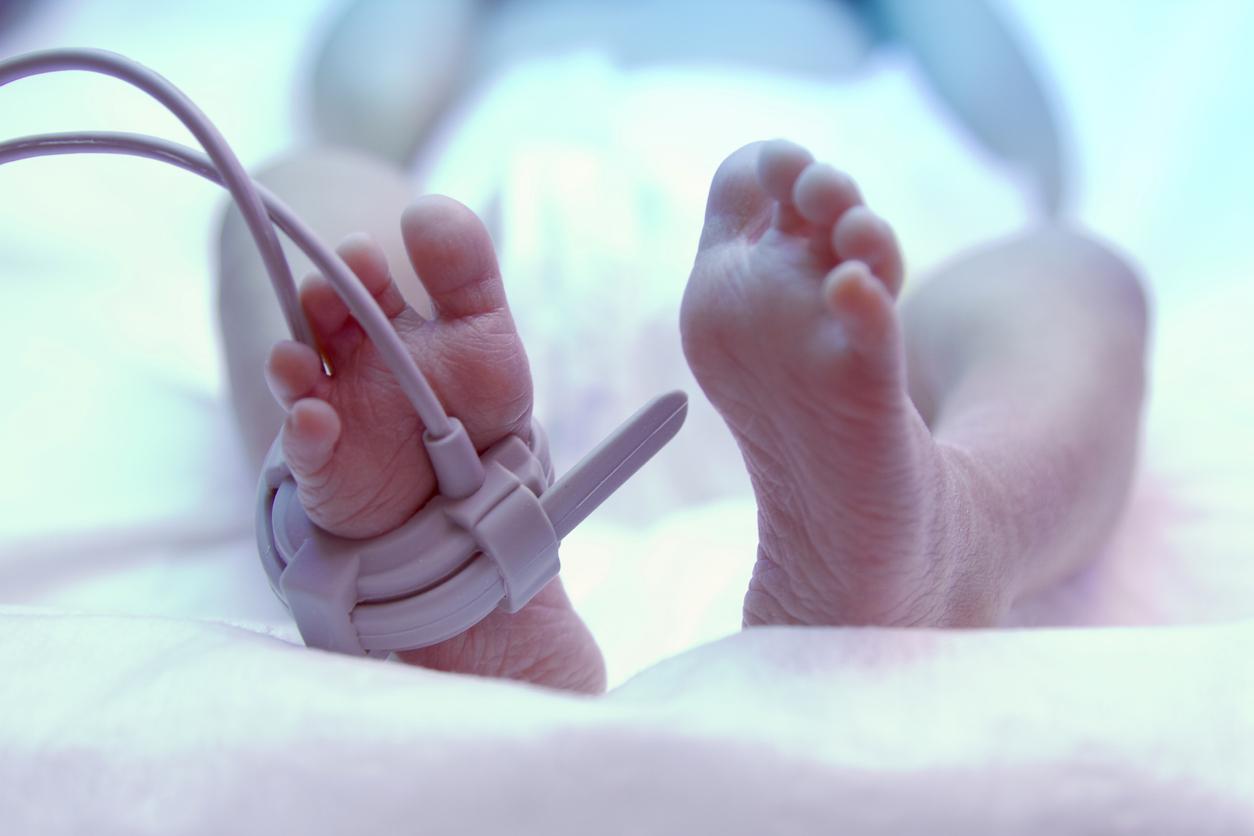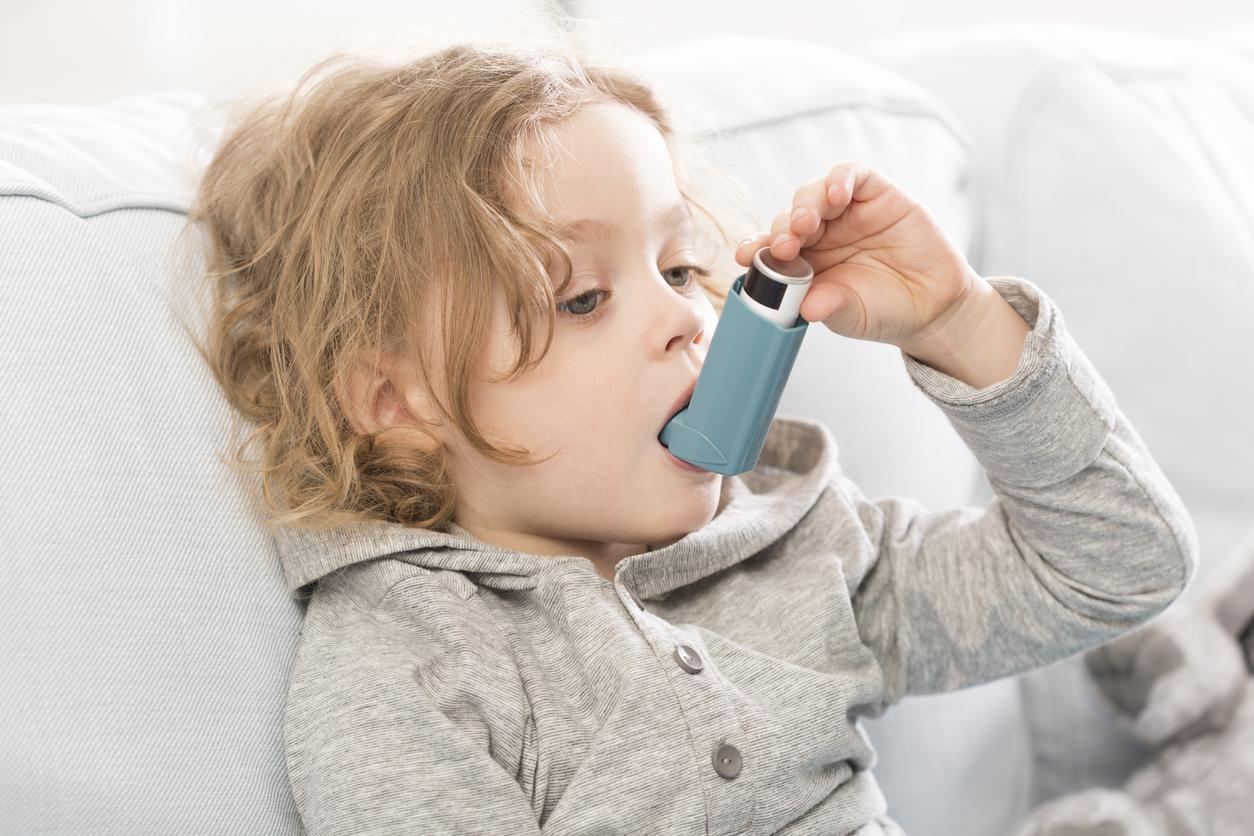The World Health Organization warns of an unusual increase in cases of severe sepsis associated with a new variant of an enterovirus in infants.

- The WHO warns of the worrying increase in cases of sepsis in infants in France.
- As of May 5, 2023, seven infants have died and two are still hospitalized in the neonatal unit.
- The public health risk for the general population remains low, reassures the WHO.
“A total of nine cases of neonatal sepsis with liver failure and multiple organ failures were reported between July 2022 and April 2023 in four hospitals in three regions of France, can we read in a press release from the World Health Organization (WHO). As of May 5, 2023, seven cases have died and two were still hospitalized in the neonatal unit.”
An unusual increase in cases of sepsis
The health authority therefore warns of an increase in cases of severe neonatal sepsis associated with enterovirus (Echovirus-11 (E-11)) in France. The situation is deemed unusual.”due to the very rapid deterioration [des malades] and the associated case fatality rate in affected babies.”
Regarding the nine cases, six were reported in 2022 and three in 2023. Eight were premature babies, including four twins. All presented one or more clinical signs less than seven days after birth, which means, according to the WHO, that they could have been contaminated by the “mother-child transmission route”.
As a reminder, the sepsis is a severe whole-body reaction to an infection with the added dysfunction or failure of an essential body system. According to MSD Manual, newborns with sepsis usually appear ill: they are listless, feed poorly, their skin is often gray, and they may have a fever or low body temperature. Some infants, such as those with low birth weight, are at higher risk of developing sepsis.
WHO reassures on the risks for the general population
In a press release from the french society of microbiologypediatricians advance “several factors [qui] could explain the severity of the infection: the acquisition of the infection in the first seven days of life, prematurity and low birth weight, the circulation of a new variant of echovirus 11, the predominant type in 2022 in newborns (30.2% of the viruses identified), detected from June in metropolitan France and in certain overseas departments and regions (New Caledonia and Réunion), the possibility already known for the echovirus 11 to cause serious neonatal infections with major liver failure.” Nevertheless, the WHO reassures. She believes that “based on the limited information available, the public health risk to the general population is low, despite the concerning nature of the increase.”
















